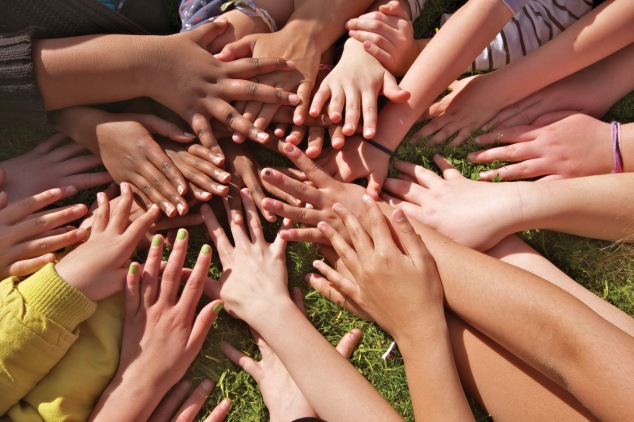It is said that a family that practices giving and charity inculcates children who will carry on the good habit into their adulthood. While most young people are living in the technological age of the latest electronic smart devices, it is a common sight to see young commuters not giving up their seats to the elderly and needy while on their smart gadgets leading to social media public shaming. How do we evolve from a nation of uncaring citizens to a gracious society where altruistic selflessness could be the next trend in Singapore?
Charity and the spirit of giving have been elevated to a new level in the past few years, following terrible natural disasters, wars, anarchic unrest in other countries, and terrorist attacks around the globe. After
witnessing the horrific images of pain and suffering streaming steadily across their TV sets, more people than ever before have dipped deeper into their own pockets to offer much needed relief to the survivors of unprecedented tragedies.
Some parents are using the destruction delivered by these catastrophes as an opportunity to help children learn about charity and the importance of reaching out to others in their time of need. They have made generous family donations, often involving their children in picking out the charity, writing the cheque, preparing and mailing the envelope or simply to help out at a church service or a welfare organisation as a weekend family activity. They have allowed their children to witness how fortunate it is to be born in an average Singaporean family and not to take life for granted.
Clearly, recent disaster provide an opportune time to teach children about charity. How do parents teach their children to make charity an everyday affair? What if they want the spirit of giving to be a way of life for their children? How do they make charity become a habit?
Family Charity Ideas
To help your children acquire the habit of charity, consider implementing the following tips as a family:
- Donate clothes and toys
Periodically go through your closets rooting out clothes you haven’t worn in a while, which can be given to charity organisations. Encourage your children to do the same. Allow them to select which clothes or toys they wish to donate. The value of this activity is diminished greatly if you go through their closets for them without their presence. For maximum benefit, get your children involved in choosing the appropriate items. Take your children with you when you drop the items off at the charitable destination. - Help neighbours
Regularly engage in a service-oriented project. Offer to clean the house/corridor of an elderly
neighbour; perform little acts of kindness such as holding the door for others as they enter the
lift, or even assisting an elderly neighbour if they are struggling with heavy loads. - Give blood
Take your children with you so they see you as a model for giving. Talk to them about why you choose to donate blood and how a little small effort can save a life. - Make birthdays charitable
Set up birthday parties as a time for giving to others. At your child’s first school-age birthday party, ask guests to bring a gift of a book (new or used) to be donated to a local charity. Talk to your son about the books he has and about children who have no books. Explain that one way to celebrate a birthday would be to give to those who have less. Involve the birthday boy in the decision of whether not to give the books to charity. When you deliver the books with your child, record it on camera, and revisit that movie (or those pictures) on future birthdays as a remembrance that a birthday is never about oneself, but about sharing the joy and privilege with those who have less. - Include pets
At regular intervals, buy dog or cat food and take it to the pet welfare centres. Allow your children to spend some time with the recipients of the gift. And if it may be possible, adopt a pet to save a life. Letting your child partake in the caring and looking after a pet gives him a sense of responsibility. - Change for a difference
Create a charity jar to be used by the family when allowances are distributed. Invite children to share some of their allowance with others through donating to the jar. As the jar fills, decide as a family where to contribute the contents. You may choose to save a stray, buy food supplies for a needy low-income person, or contribute to a charity among others. Read about various charities
on the Internet and share this information with your children to help them make an informed
decision. - Help elders
Do things for the elderly that they have trouble doing for themselves. Mop the floor for grandma. Teach grandpa how to use the Internet. Clean their windows or simply help them to plant flowers
By implementing some of these ideas or others like them, you will be teaching your children that charity is not reserved only for emergencies. You will be helping them appreciate that reaching out to others in need is a way of life, rather than a moment in time when a catastrophic disaster occurs. Remember, while you are giving to others, you are giving your children important messages about your beliefs concerning the spirit of giving.



